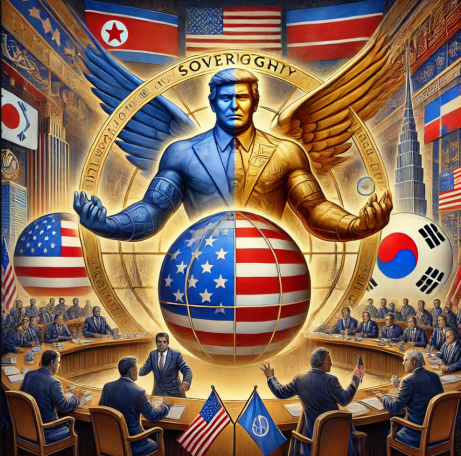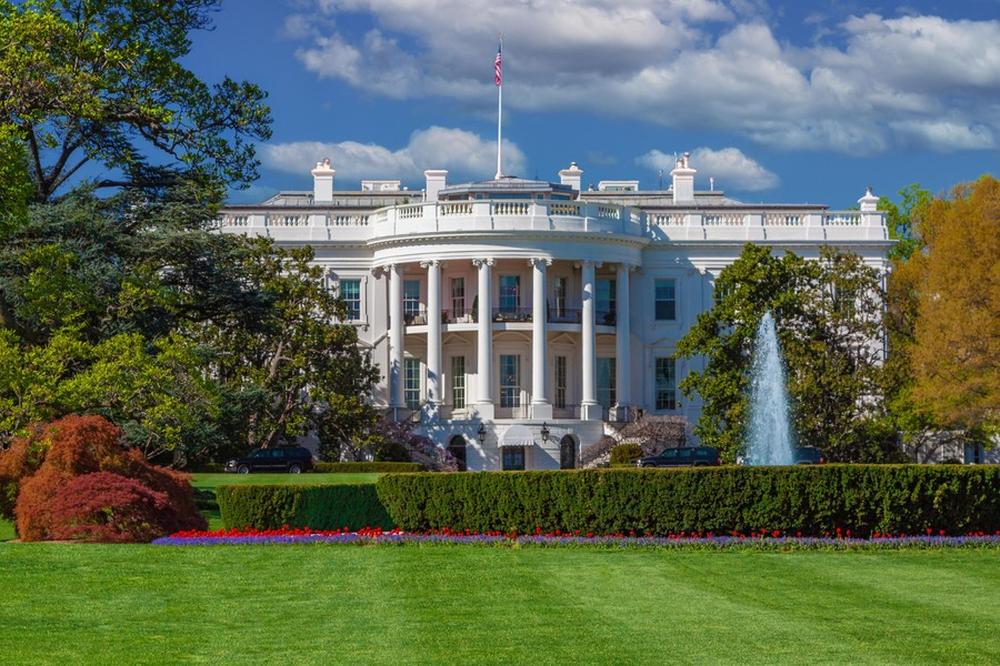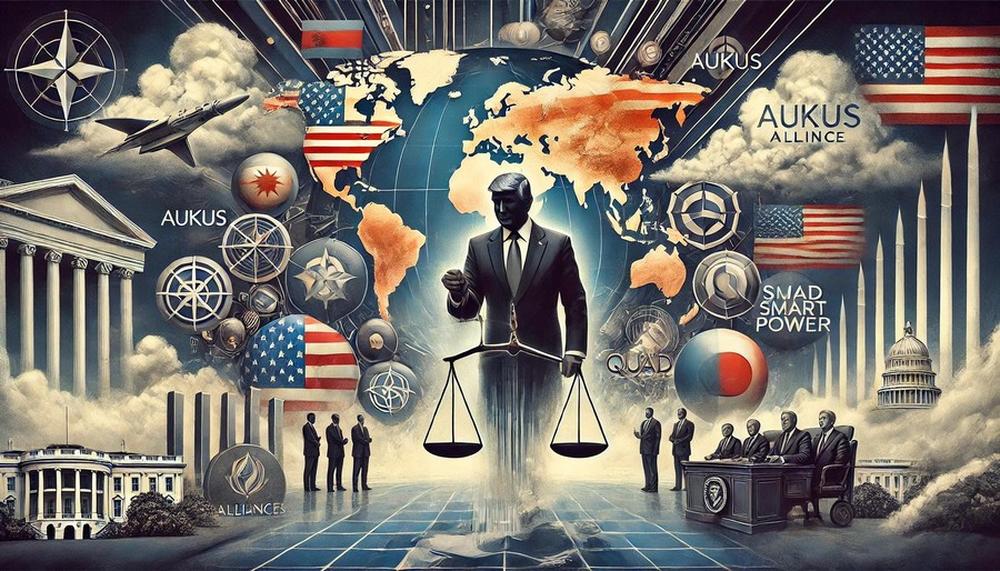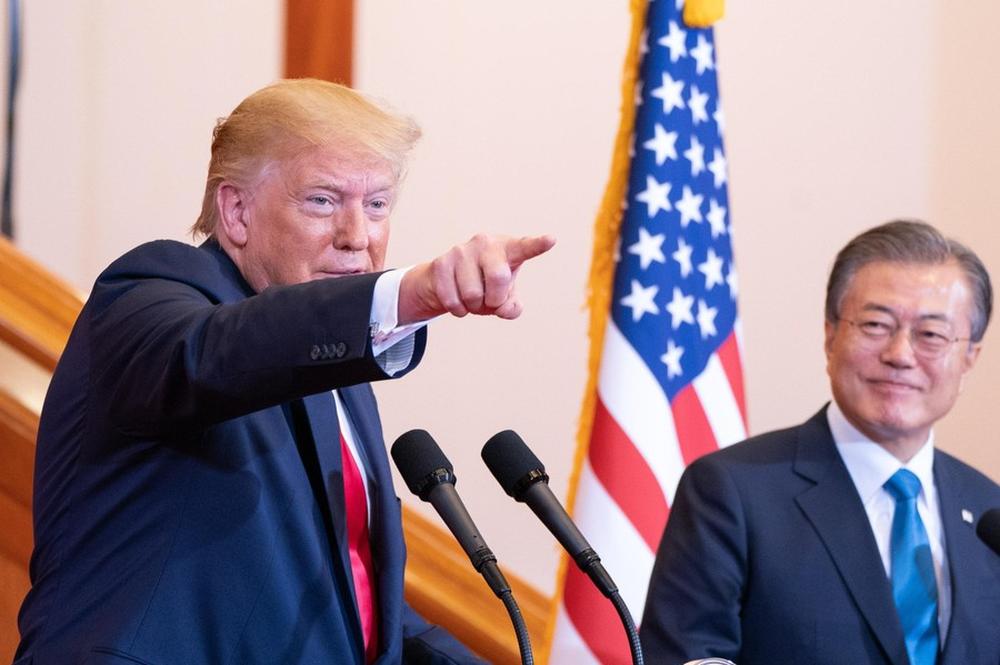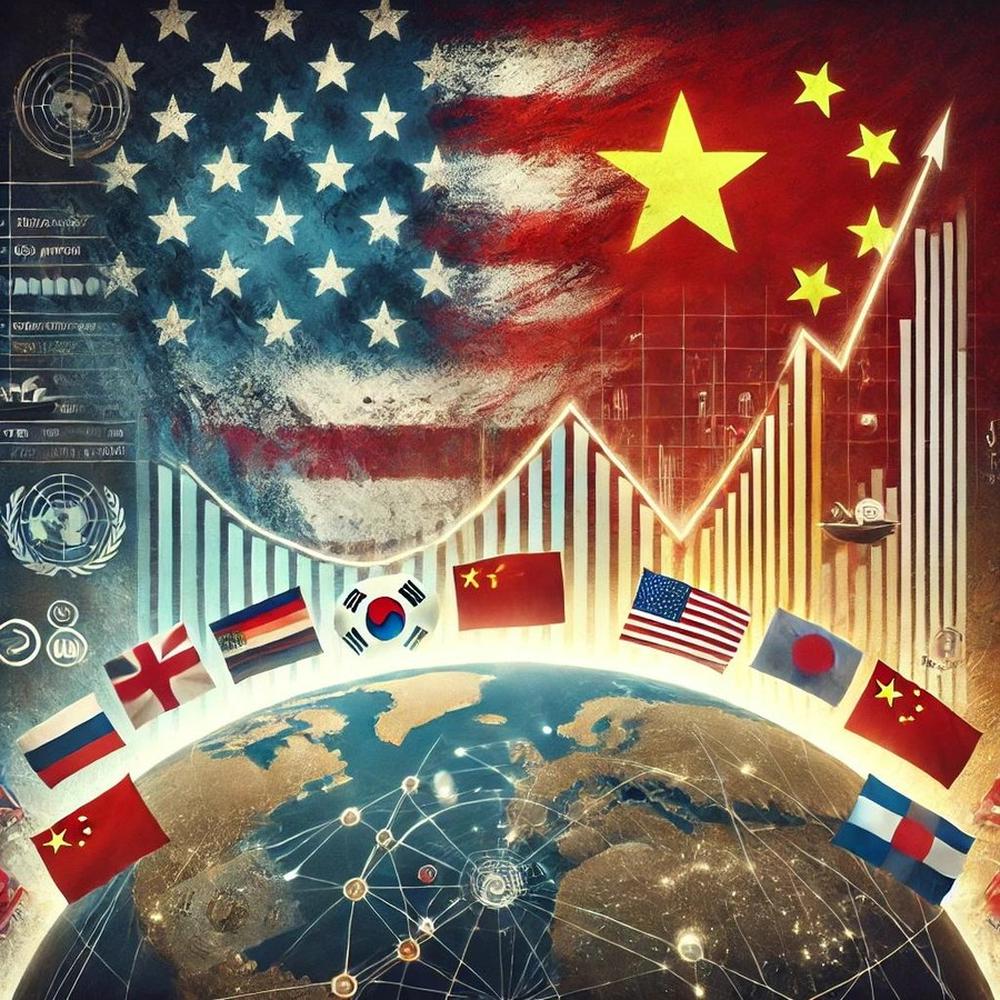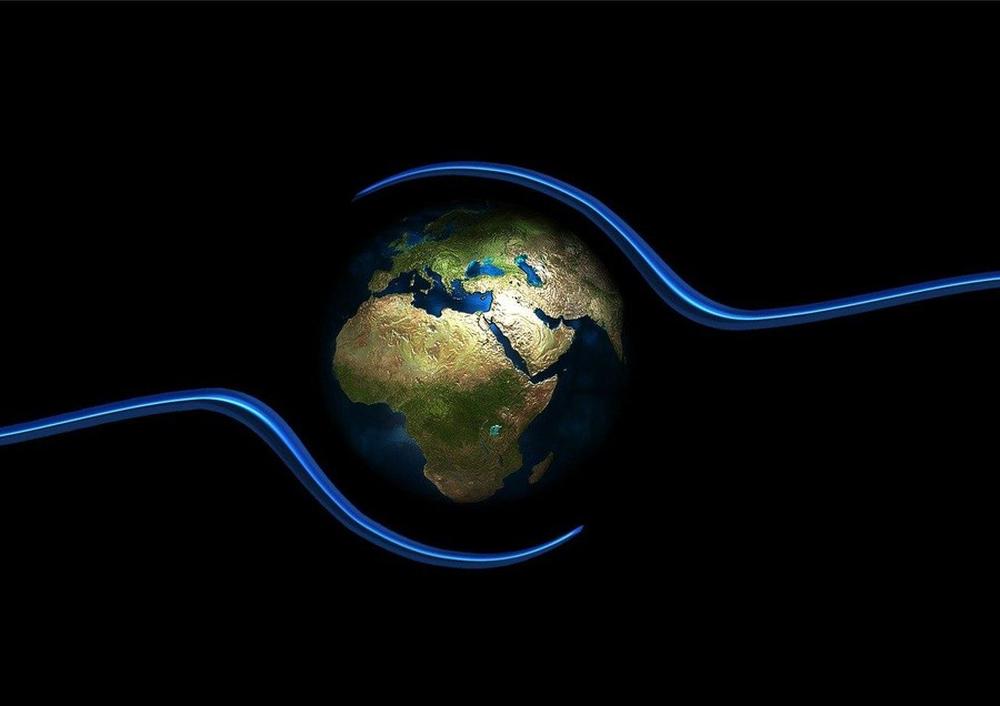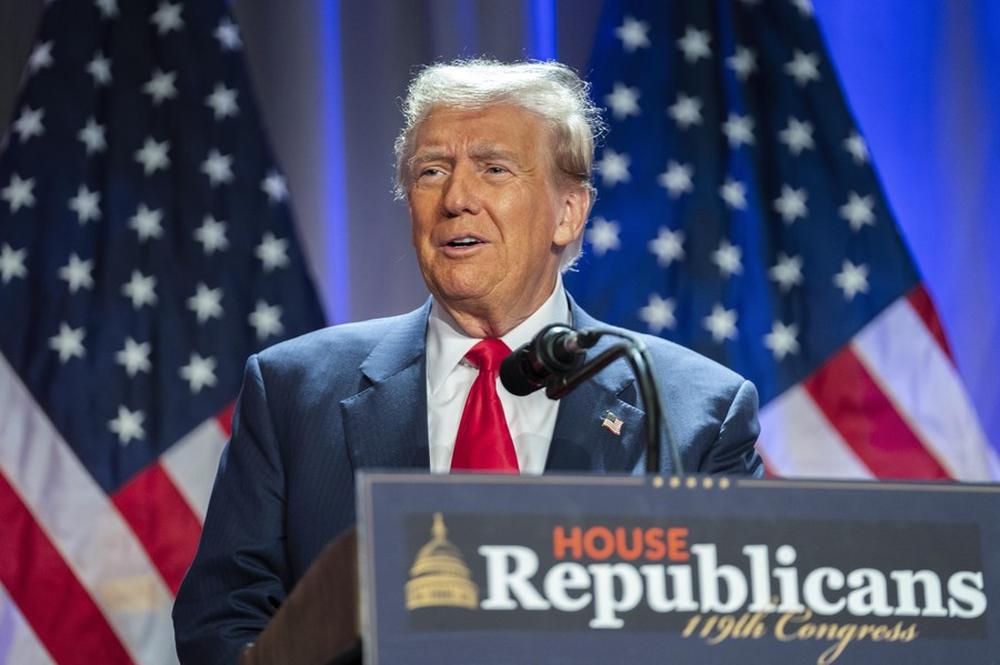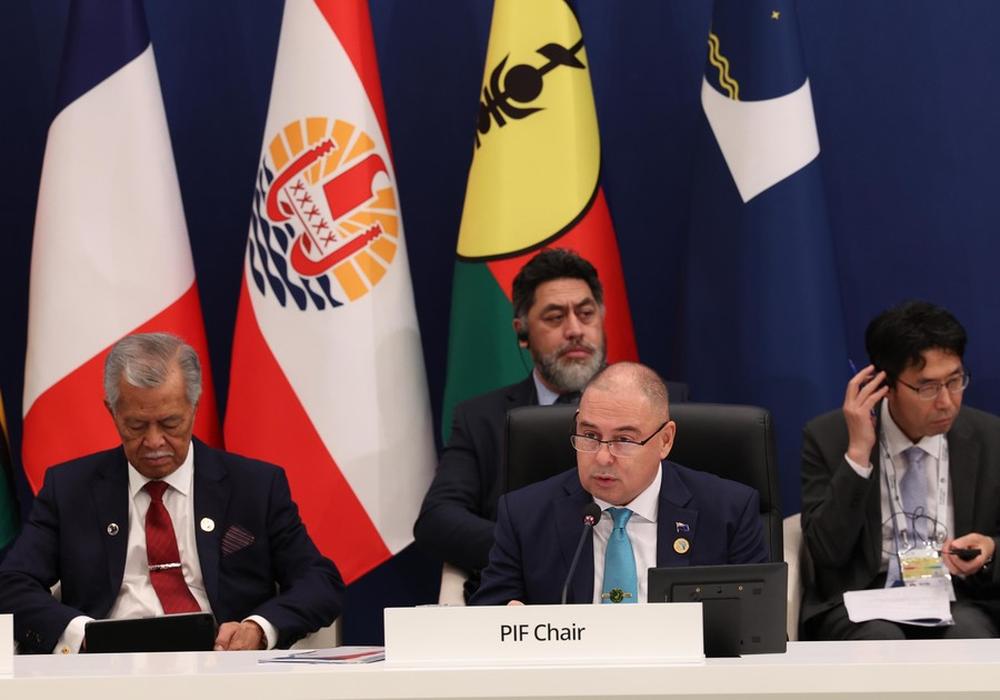- #Global Issues
- #US Foreign Policy
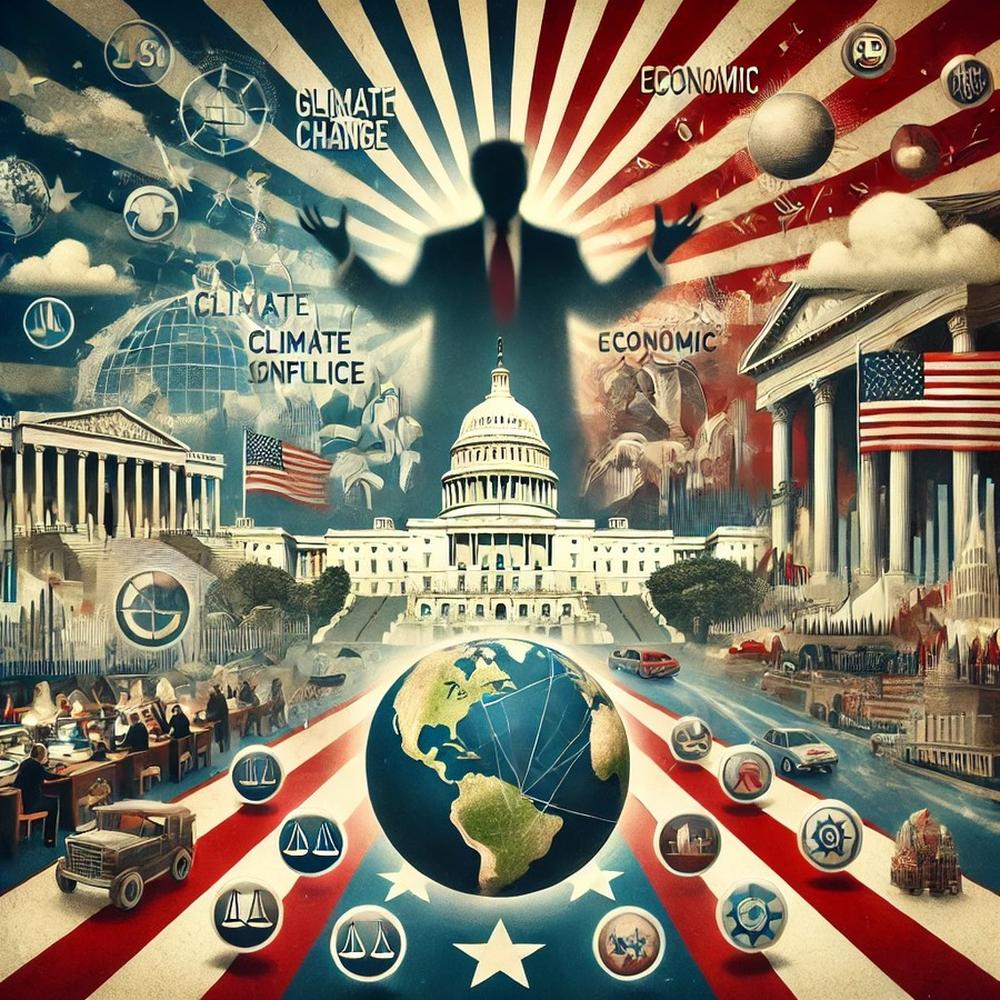
►A second Trump administration could undermine global governance by prioritizing unilateralism and national interests over multilateral cooperation, as seen during the first Trump administration.
►However, global governance remains crucial for addressing the multiple crises in international society.
►To strengthen global governance, international cooperation must expand to include emerging economies and non-state actors, ensuring a more inclusive and effective approach to global challenges.
“Trump is back.” Despite domestic and international pessimistic skepticism surrounding Donald Trump who served as the 45th president of the United States, he was re-elected as the 47th president for the term 2025-2028. The president of the United States wields significant influence, not only over domestic politics but also on the international stage, as the U.S. continues to hold hegemonic power. During Trump’s second administration, global governance may face significant challenges similar to those experienced during his first term. Nonetheless, global governance remains vital for addressing the myriad crises confronting the international community. This article explores the challenges and opportunities of global governance under the second Trump administration.
Challenges of Global Governance
To understand the potential state of global governance under Trump’s second term, it is essential to revisit the impact of his first administration over global governance. Global governance—the cooperative framework guiding international relations—was deeply undermined during Trump’s first term. Historically, the U.S. played a pivotal role in establishing and maintaining global governance after World War II. However, during Trump’s initial presidency, the U.S., once a cornerstone of global governance, significantly weakened this system.
Trump’s first administration disrupted the operations of key international organizations, critical actors in global governance. For instance, it withdrew from two major international organizations which are parts of the United Nations. These were the United Nations Educational, Scientific and Cultural Organization (UNESCO) and the United Nations Human Rights Council (UNHRC), criticizing these organizations as anti-Israel and ineffective. This withdrawal shocked proponents of global governance, who rely on such international organizations to uphold human rights. Moreover, it announced its intention to withdraw from the World Health Organization (WHO), accusing it of bias toward China and mismanaging the COVID-19 crisis. Although this decision was reversed by the Biden administration, the initial announcement damaged the credibility of global governance. The first Trump administration has also maintained a negative point of view towards the World Trade Organization (WTO). Trump’s criticism targeted the WTO’s principles of free trade and its treatment of China as a developing country. It effectively paralyzed the role of the WTO by blocking the appointment of judges to its Appellate Body, thereby hindering its dispute resolution mechanism.
Trump’s first administration also withdrew from several landmark international agreements. The Paris Agreement was adopted by 196 Parties at the UN Climate Change Conference (COP21) in Paris on December 12, 2015. It meant that almost all countries in the world recognized the seriousness of the global climate crisis, but it took many years for them to agree on a climate change agreement. The first Trump administration decided to withdraw from this meaningful and necessary agreement without considering the impact of its decision on global governance. It was not even surprising that it nullified the Iran nuclear agreement, the Joint Comprehensive Plan of Action (JCPOA).
Many people and countries hope that Trump’s second administration might be different from the first one, not ignoring the role of global governance. The US should respect global governance and rules of the international community. Nonetheless, the future of global governance seems to be doomed. Assuming that Trump’s policies and attitudes toward global governance remain consistent, global governance is likely to face similar threats during his second term. Major international organizations and agreements could again come under attack, with the U.S. challenging both its allies and the global order it helped establish.
Opportunities of Global Governance
Despite these challenges, global governance remains essential for addressing the numerous crises confronting international society. Strengthening global governance during Trump’s second term will require diversifying its actors, reducing reliance on the hegemonic power of the U.S. and other major powers. Emerging economies such as Brazil, India, and South Africa, as well as middle-power countries like Mexico, Indonesia, South Korea, Turkey, and Australia, should have greater representation in decision-making bodies of global governance. This would reflect the shifting global balance of power and ensure that global governance remains relevant and effective.
The active participation of non-major powers in global governance can address challenges posed by Trump’s policies, paving the new stage of global governance. These countries often face pressing issues, including climate change, poverty, public health crises, and conflict, enabling them to bring valuable perspectives and practical solutions to global governance. Their inclusion can shift the focus away from national interests of major powers, fostering innovative and balanced approaches while reducing tensions between developed and developing countries. Moreover, global governance can move beyond the priorities of major powers and European countries with more active participation of these countries.
In addition to the participation of non-major powers, we also need to expand global governance by asking non-state actors to participate in global governance more actively. While non-state actors like non-governmental organizations (NGOs), epistemic communities, activist groups, and so on have been involved in the formation and exercise of global governance, their role seems to be limited compared to nation-states. In the face of a U.S. retreat from global governance under a second Trump administration, non-state actors can fill critical gaps.
In many global issues, non-state actors often operate independently of state influence, allowing them to propose better solutions and stabilize global governance structures. For instance, human rights NGOs like Amnesty International, which do not rely on government funding, can act with greater independence. Therefore, they can raise the issues of human rights free from the influence of major powers including the US. Environmental organizations such as Greenpeace and the World Wildlife Fund (WWF) have been instrumental in advocating for sustainable policies and raising awareness about global environmental issues. They have maintained their activities while nation-states sometimes prioritize their economic interests over environmental protection. Non-state actors’ cross-border operations make them effective partners for advancing global governance, offering agility and innovative strategies to address global challenges.
As demonstrated during his first administration, Trump’s second presidency is likely to undermine global governance by prioritizing unilateralism and national interests over multilateral cooperation. However, global governance remains indispensable for addressing the complex crises facing the international community. To fortify global governance, the international system must embrace broader participation from emerging economies and non-state actors. Such inclusion ensures a more diverse, balanced, and effective approach to global challenges, providing pathways to solutions even if the U.S. steps back from its traditional role in global governance.
